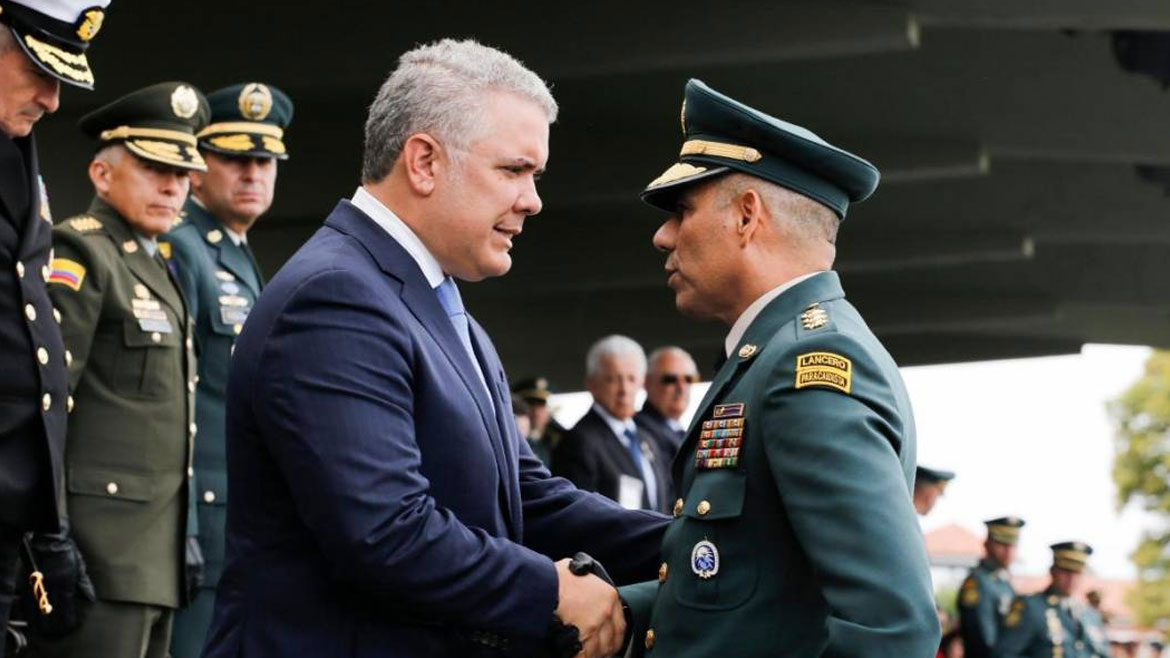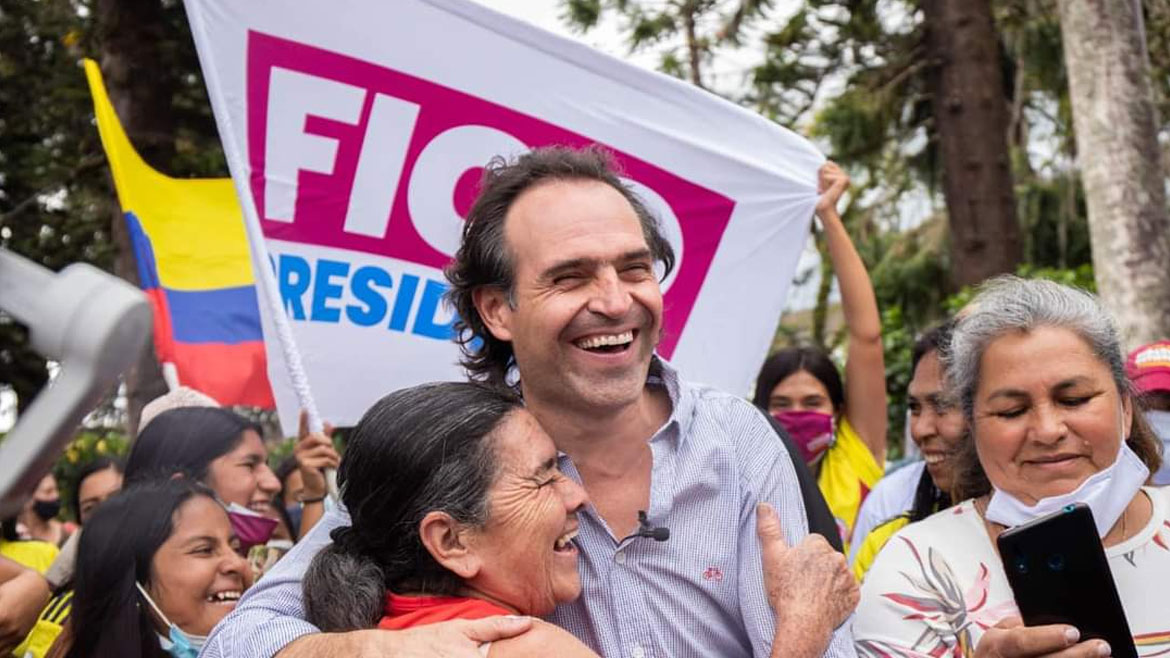Colombia’s upcoming presidential elections could trigger a major crisis as President Ivan Duque has shown little interest in transferring power to the opposition.
Meanwhile, the opposition Senator Gustavo Petro has been adamant that he doesn’t just want to be president, but “throw all the corrupt ones in jail.”
This election promise alone threatens many of Duque’s most powerful patrons, particularly former President Alvaro Uribe who is facing countless criminal charges.
The blurring line between Colombia’s mafia and government
Throwing the constitution overboard
In their apparent attempt prevent criminal prosecutions of the “Uribistas,” Duque and other top state officials have embarked on an alleged crime spree in an attempt to stop Petro and other opposition candidate.
According to the Anti-Corruption Constitute, the government granted more than $1.2 billion in contracts to municipalities and private contractors since November in violations of laws that seek to prevent the use of state funds in electoral campaigns.
In violation of the constitution, the president has interfered in electoral debates more than 30 times since February, according to political news website La Silla Vacia.
The commander of the National Army, General Eduardo Zapateiro, last month embarked on a tirade against Petro after the frontrunner criticized corruption in the military.
Prosecutor General Francisco Barbosa and one his best friends, Comptroller General Felipe Cordoba, have opened investigations into moderate opposition candidate Sergio Fajardo.
Inspector General Margarita Cabello suspended progressive Medellin Mayor Daniel Quintero and Ibague Mayor Andres Hurtado on election meddling claims in violation of international law.
Rights organizations raise alarm
According to the Electoral Observation Mission (MOE), which has monitored elections in Colombia since 2007, Cabello violated international law by suspending the mayors while she has take no action in response to more than 200 complaints.
The Inspector General’s Office has the power to sanction all officials who have been appointed or designated; however, for those officials who have been popularly elected, it is the responsibility of the Prosecutor General’s Office to investigate them so that they may be sanctioned by a criminal court, as established by the Inter-American Court of Human Rights.
MOE judicial adviser Camilo Mancera
Cabello has the authority to suspend the army chief, but allowed Zapateiro to stay on for some reason.
The inspector general never announced investigations against mayors who offered to buy votes for the government candidate in the elections.
According to HRW investigator Juan Pappier, the Duque administration’s apparent arbitrary application of the law created a situation that “the risk of a post-electoral crisis in Colombia grows bigger ever time.”
Control agencies have a responsibility to respect their international obligations, to apply the law with equal standards and rigor to all, and to ensure their independence and impartiality.
HRW investigator Juan Pappier
Establishment candidate still hopeless
So far, the popularity of the opposition candidate appears to only have been boosted by the allegedly unconstitutional and evidently arbitrary attempts to promote Gutierrez.
A poll that was released on Tuesday indicated that Petro would defeat the establishment candidate with a 13 percentage-point difference if run-off elections were held tomorrow.
The difference between the two was only seven percentage points between the two in March, according to the pollster.
The opposition candidate promoted a protest in support on the suspended Medellin mayor on Tuesday in response to the government’s increasingly aggressive attempts to silence the opposition.
In response, the National Police allegedly sent more than 200 troops to Colombia’s second largest city in case things would turn violent, which didn’t happen.
Despite the repeated warnings, Duque doesn’t seem to want to facilitate free and fair elections while the potential legal problems of the president’s allies only grow bigger.






